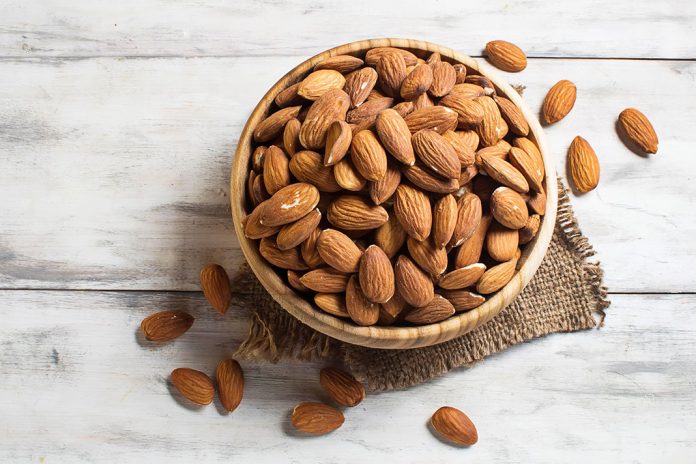Seasonal allergies are triggered by the immune system recognizing and attacking allergens from seasonal plants, trees, grasses, molds, or pollen. A person with a seasonal allergy may experience itchy eyes, a runny nose, and congestion, among other potential symptoms. Some people’s symptoms may be mild, while the allergic response can be severe for others. Luckily, some foods can help with seasonal allergy symptoms. Here are four foods you can try to fight off seasonal allergies:
1. Fatty Fish
Of all the foods that can help with a seasonal allergy, fish is one of the top choices. It is important to choose fish that are high in omega‑3 fatty acids because these fats are great for cardiovascular health and do not increase mucus production in people with seasonal allergies. As such, salmon, sardines, and herring are some of the best options to choose. Alternatively, menhaden, also known as “mullet” or “rockfish”, freshwater trout, and rainbow trout, are also good choices, especially if you cannot find fatty fish, as they are lower in mercury levels than other types of fish.
2. Tree nuts like almonds
Even though nuts are high in fat, they are low in calories. Nuts also provide nutrients like vitamins D and B6 that can help prevent allergic reactions, as well as vitamin E, which boosts immunity and protects the body against free radicals, which can cause inflammation and worsen seasonal allergy symptoms. Nuts, especially almonds, are also high in magnesium, which can help relax the airways, easing the wheezing that sometimes accompanies an allergic reaction or even preventing the allergic reaction in the first place. Some nuts, such as walnuts and Brazil nuts, can additionally be used as a plant-based source for anti-inflammatory omega-3 fatty acids.
3. Avocado
Avocados can be an excellent food to help manage seasonal allergies. They contain oleic acid, an unsaturated fatty acid that can help reduce inflammation and allergic reactions in people who experience a seasonal allergy. The best way to consume avocado is by eating the actual fruit, whether you prefer it in a salad, sandwich, dip, or all by itself. This is because the avocado fruit contains more nutrients than avocado oil or other avocado products.
4. Garlic
Garlic is another food that can help with seasonal allergies. This is because garlic contains compounds that can help reduce the overall inflammatory response caused by a seasonal allergy. Garlic also reduces pain in people with muscle and joint pain, which can be caused by seasonal allergies. People with a seasonal allergy should also incorporate it into their diet because of its anti-allergen properties, especially if they are sensitive to pollen or grasses such as ragweed, birch, and goldenrod during the spring and summer months or if they are sensitive to dust mites during the fall or winter months.



